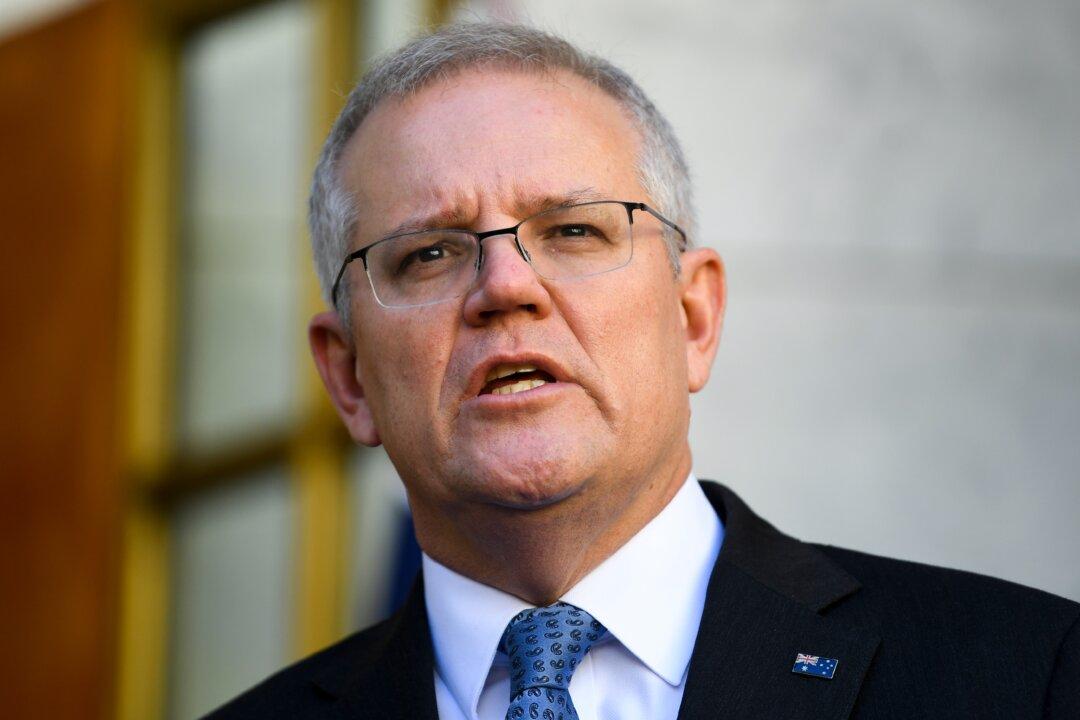Australian Prime Minister Scott Morrison has defended his government’s climate policies against a barrage of environmental demands, stating that the only way to truly solve climate change is to tackle the world’s biggest polluters through a technological revolution.
In addressing a recent report by the United Nations’ Intergovernmental Panel on Climate Change (IPCC), Morrison outlined that Australia’s “technology, not taxes” position was critical in addressing global emissions.





